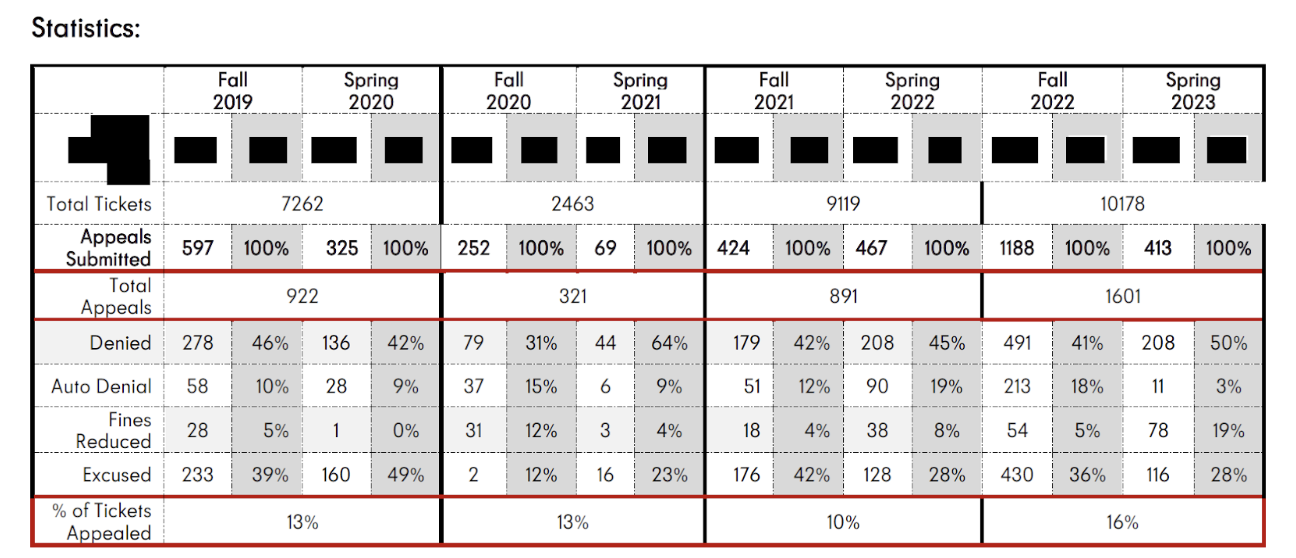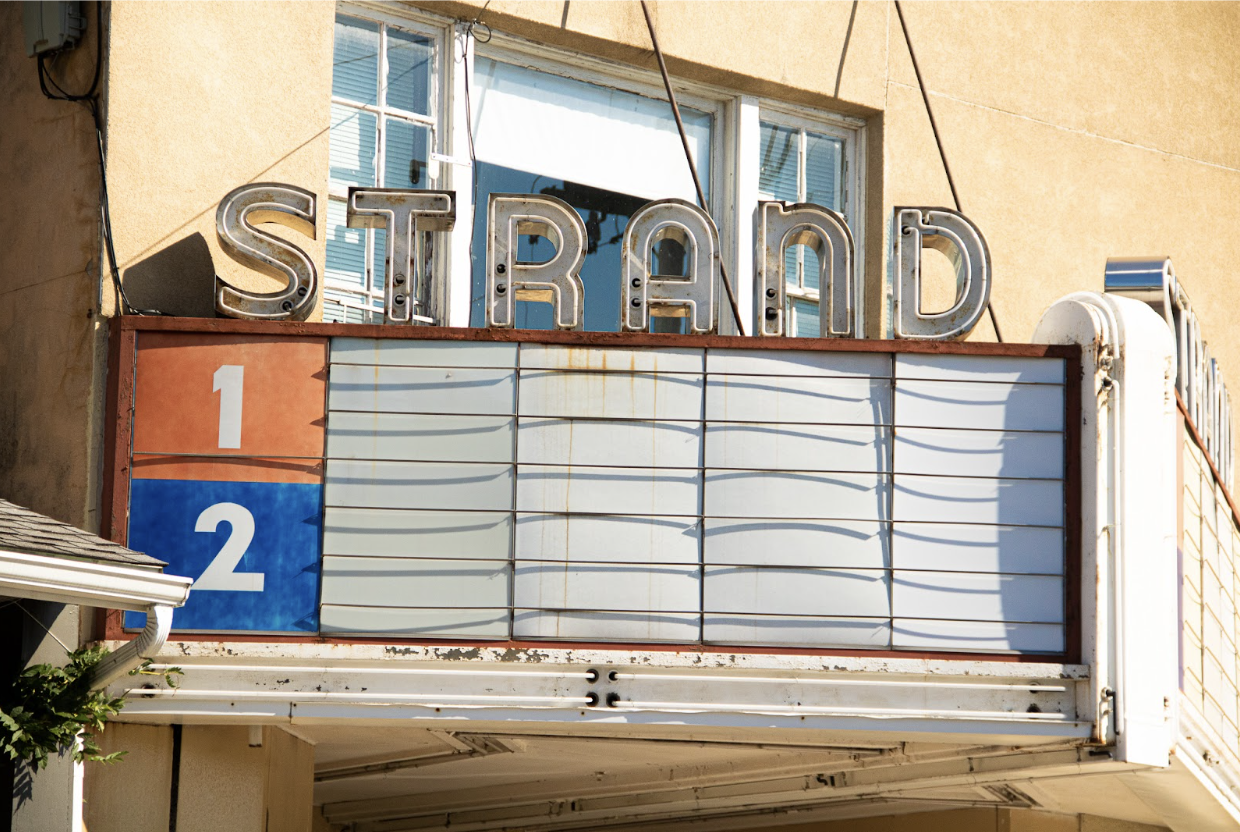By Jamie Klaum
Contributing Writer
Despite the importance of the upcoming presidential election, the deaf community has been largely ignored this election cycle, and the KU sign language club KUABLE took notice when no American Sign Language interpreters were present during the debates.
The Commision on Presidential Debates (CPD) hosted the Democratic and the Republican nominee debate on Sept. 29 and hosted the Vice Presidential nominee debate on Oct. 7.
Despite millions of people watching the debates, a portion of the population felt completely left out of the discussion as the live broadcast did not provide American Sign Language (ASL) interpreters for the debates.
Howard A. Rosenblum, Chief Executive Officer of the The National Association of the Deaf said, “Deaf and hard of hearing Americans deserve the same access to information from the White House and the President that everyone else gets.”
The problem went viral with a TikTok video made by Erin Rosenfeld (username: erin.syd). “It’s really frustrating because I’m finally old enough to vote, and I can’t even watch the debate,” Rosenfeld said.
According to the National Institute on Deafness and Other Communication Disorders, about 15% of the adult population in America have hearing issues.
“Everyone in the deaf community can’t watch and can’t understand what’s happening. It’s not fair and we need to push for change, push for interpreters to be at all debates and on screen all the whole time,” Rosenfeld added.
After this, Rosenfeld created a petition on Change.org calling for the official news broadcasting stations to provide interpreters, according to Taylyn Washington-Harmon in her article on Health.com.
In the article, Washington-Harmon included twitter user comments expressing opinions that the deaf and hard of hearing community should not have to seek out interpreters or live streams on other platforms just to watch the debates.
Kimberly Best, Secretary of KUABLE, was one of many people disappointed by the lack of interpreters.
“Being a country that focuses on independence and citizen’s rights, it seems hypocritical to exclude this community from something as important as the presidential election debates. By not having an interpreter this violates their rights and does not grant them equal access,” Best said.
The Constitution grants any American over the age of 18 years old without a felony to vote, but if a chunk of the population does not have access to the information to be an informed voter, it raises a question of equality throughout the country.
“To vote, one must be able to be informed about the candidates. Without background information and a reason for voting, individuals feel discouraged, excluded, and unimportant,” Best added.
The Americans with Disabilities Act (ADA) was passed in 1990, protecting disabled Americans from discrimination in public life. The civil law is supposed to ensure the same equal access to opportunities as the rest of the country, according to the ADA National Network.
Despite this, neither the Presidential debate, held at Case Western Reserve University in Cleveland, Ohio, nor the Vice Presidential, held at University of Utah in Salt Lake City provided official sign language support.
Subtitles for the debate were often difficult to follow, especially when Trump and Biden were often speaking simultaneously. Subtitles were also often delayed, out of order, or plain wrong.
Although the Sign Language Channel provided interpreters in live streams of the debates, the official debates on live television did not provide any support. Presidential debates are meant to provide voters key insight to the candidates position on relevant issues and their plans if they are elected. By not supplying an interpreter, the CPD withheld that insight from the deaf and hard of hearing community.
Lack of ASL interpreters could affect these voters’ ability to make an informed voting decision or could discourage them from voting altogether. They were not supplied with the same knowledge as the rest of the population, and this is not the first lack of representation the deaf and hard of hearing community has encountered.
In August, the National Association for the Deaf filed a lawsuit against the White House for not providing an interpreter during COVID-19 briefings. The association’s lawsuit called for the President and staff to, “immediately begin providing ASL interpreters during television broadcasts of their coronavirus press conferences and briefings to make them accessible to deaf and hard of hearing people.”
The third Presidential debate will be held on October 22, and there has been no word that interpreters will be provided to cover the event live. The Sign Language Channel is expected to once again cover this debate, allowing those with hearing impairments to participate fully in the election process.






Leave a Reply